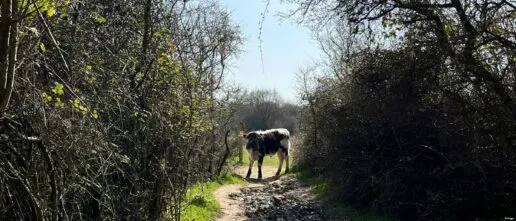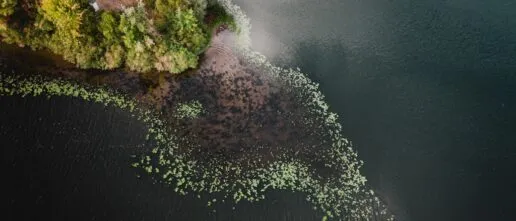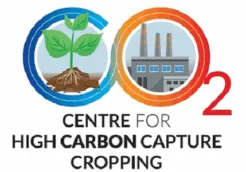. I have in recent years become increasingly interested in the role large mammals play in shaping their own physical, chemical and biological environments, i.e. as ecosystem engineers. As I also want to make a difference outside academia, I have started collaborations with groups in Oxford (UK), Aarhus and Copenhagen (DK) to reveal the potential of megafauna rewilding for conserving and restoring biodiversity without compromising climate change mitigation goals.
Related Projects

Revealing the compositional and functional responses of mycorrhizal fungi to rewilding at the Knepp Wildland
Using novel eDNA methods to understand if rewilding is also serving below-ground communities, focusing on 'keystone' mycorrhizal communities and their functions.

Expanding native forest in Scotland: small-scale mechanisms, landscape-scale responses
Experimental and landscape-scale data collection to understand above and belowground drivers of and responses to native forest expansion in the Scottish Highlands

An energetic approach to assessing nature recovery in soils – a regenerative agriculture case study
Measuring and comparing energy to and through soil biodiversity under regenerative and chemical farming to understand and assess nature recovery in this traditional ‘black box’
Related Outputs
Regenerative Agriculture in the UK. An ecological perspective
This report, produced by the British Ecological Society brings together 40 academics, including LCNR’s Jed Soleiman, practitioners and farmers across the UK to explore the evidence for Regenerative Agriculture as a solution to delivering for both food and nature. Summary report here







